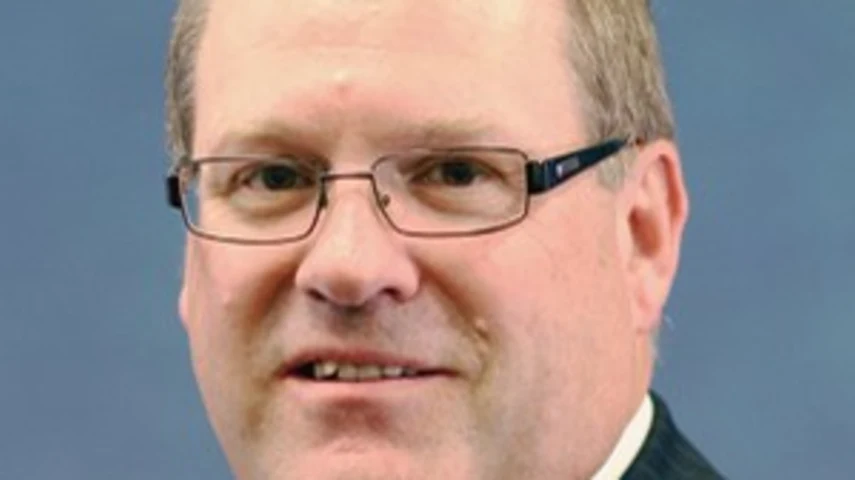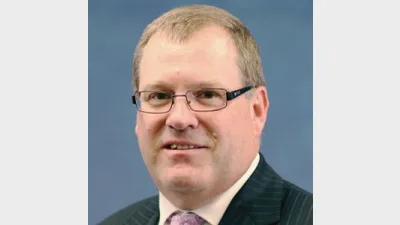Is changing defaults an inevitability?



The removal of industrial relations judiciary from the selection of default funds is probably inevitable and smart superannuation fund chief executives should be preparing for that eventuality, according to Deloitte superannuation partner, Russell Mason.
Participating in a Super Review roundtable during last week's Association of Superannuation Funds of Australia (ASFA) conference, Mason said he thought it was inevitable that the modern award protection that many industry funds enjoyed would go.
"Sooner or later super will be taken out of modern awards or employers will be given to choose any public fund or MySuper fund," he said.
EISS Super chief executive, Alex Hutchison said that while he was not sure that the current default funds system had actually failed, he agreed with Mason that it was likely to go.
"I'm not sure that the case has been made out that the default system has failed but I agree with Russell that it will go," he said.
"So you will need to compete and if you cannot compete then you probably don't deserve to be in the business."
Superannuation Complaints Tribunal (SCT) chairperson, Helen Davis said one of the challenges was that superannuation was a compulsory system executed through a predominantly private world.
"So the mechanisms there to default are necessary to bridge that gap because the idea that choice or competition fills the void doesn't work because we are not talking classic demand and supply," she said.
Davis believed that at an individual level there existed a large portion of the community who were not equipped to navigate the system.
"There needs to be the mechanism for defaulting," she said.
Recommended for you
The major changes to the proposed $3 million super tax legislation have been welcomed across the superannuation industry.
In holding the cash rate steady in September, the RBA has judged that policy remains restrictive even as housing and credit growth gather pace.
A new report warns super funds must rethink retirement readiness as older Australians use super savings to pay off housing debt.
An Australian superannuation delegation will visit the UK this month to explore investment opportunities and support local economic growth, job creation, and long-term investment.









